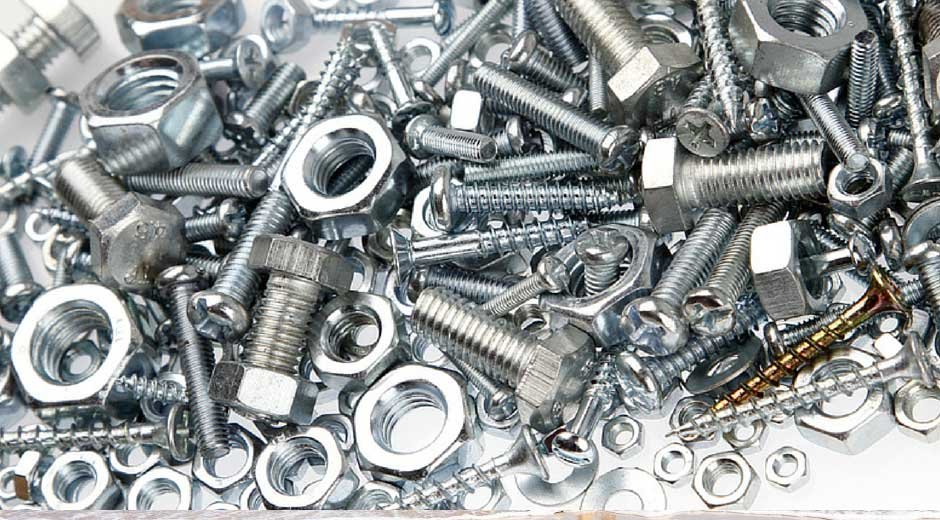Have you ever thought about how tiny components drive monumental innovations? Automotive engineering relies on precision, durability, and efficiency. Behind every powerful engine or sleek body, small but crucial fasteners hold everything together. This article explores how these essential elements shape the automotive industry.
Enhancing Structural Integrity in Vehicles
Screws and bolts play a significant role in maintaining the structural integrity of vehicles. From holding engine parts to assembling chassis, their strength ensures safety and stability. Engineers design these fasteners to endure immense pressure and vibration. Using durable materials, they ensure vehicles withstand wear and tear over time. Proper fastening secures the entire structure, enhancing performance and longevity. Without them, modern vehicles would lack the reliability drivers expect every day.
Streamlining Assembly Processes in Manufacturing
Efficient assembly is vital in automotive production lines. The fasteners simplify the process, allowing manufacturers to achieve precision quickly. These fasteners ensure repeatable, reliable results, reducing assembly errors. Automation further speeds up the tightening and torque control process. With this efficiency, manufacturers maintain consistency across all vehicles. By streamlining production, these fasteners help optimize costs and meet demanding timelines in the competitive automotive market.
Impact on Vehicle Safety Standards
Safety is a top priority in automotive design. Fasteners contribute significantly to crash protection. They hold critical systems like brakes, suspension, and airbags securely in place. Precision fastening reduces the risk of part failure during accidents or heavy use. By meeting stringent safety standards, these components save lives and build trust in the industry. Engineers also perform extensive testing to ensure these fasteners can endure real-world conditions and extreme stress.
Supporting Lightweight and Sustainable Designs
The push toward lightweight vehicles has reshaped automotive engineering. Fasteners now balance strength with reduced weight for optimal performance. Advanced materials make screws and bolts lighter without compromising durability. These innovations contribute to improved fuel efficiency and reduced carbon emissions. Engineers continuously refine designs to meet sustainability goals. Additionally, recyclable materials are increasingly used in fasteners, aligning with environmental priorities and regulatory standards.
Ensuring Durability in Harsh Environments
Vehicles often face extreme conditions that challenge their components. Fasteners are engineered to withstand harsh environments, from intense heat to freezing temperatures. Corrosion-resistant materials protect fasteners from rust and degradation, ensuring longevity. This resilience is essential for vehicles exposed to saltwater, road salt, and other corrosive elements. With these innovations, vehicles maintain performance and safety in any environment, regardless of the conditions.
Essential Fasteners in Custom Automotive Projects
Custom vehicle designs rely on the versatility of fasteners. From restorations to performance upgrades, fasteners secure essential modifications. Engineers select specific types for different parts, ensuring proper fit and function. Customization demands fasteners that adapt to unique requirements, making them indispensable in tailored automotive builds. Without these adaptable solutions, achieving high-quality customization would be nearly impossible. They allow enthusiasts to bring their unique visions to life with confidence.
Advancing Electric Vehicle Technology
The rise of electric vehicles (EVs) has brought new issues for fasteners. The fasteners in EVs must support components like batteries and electric motors, which require exceptional precision and stability. Lightweight materials are particularly critical in EV designs to maximize efficiency and range. Advanced fasteners also help manage thermal expansion, ensuring components remain securely in place under varying temperatures. As EVs continue to change, the role of innovative fasteners will become even more critical in shaping the future of mobility.
Screws and bolts form the backbone of modern automotive engineering, ensuring safety, efficiency, and durability. Their role extends from assembly to enabling innovative designs that enhance sustainability. Understanding their importance helps us appreciate the intricate details of vehicle construction. These small components hold the key to big advancements, driving progress in the automotive field.

